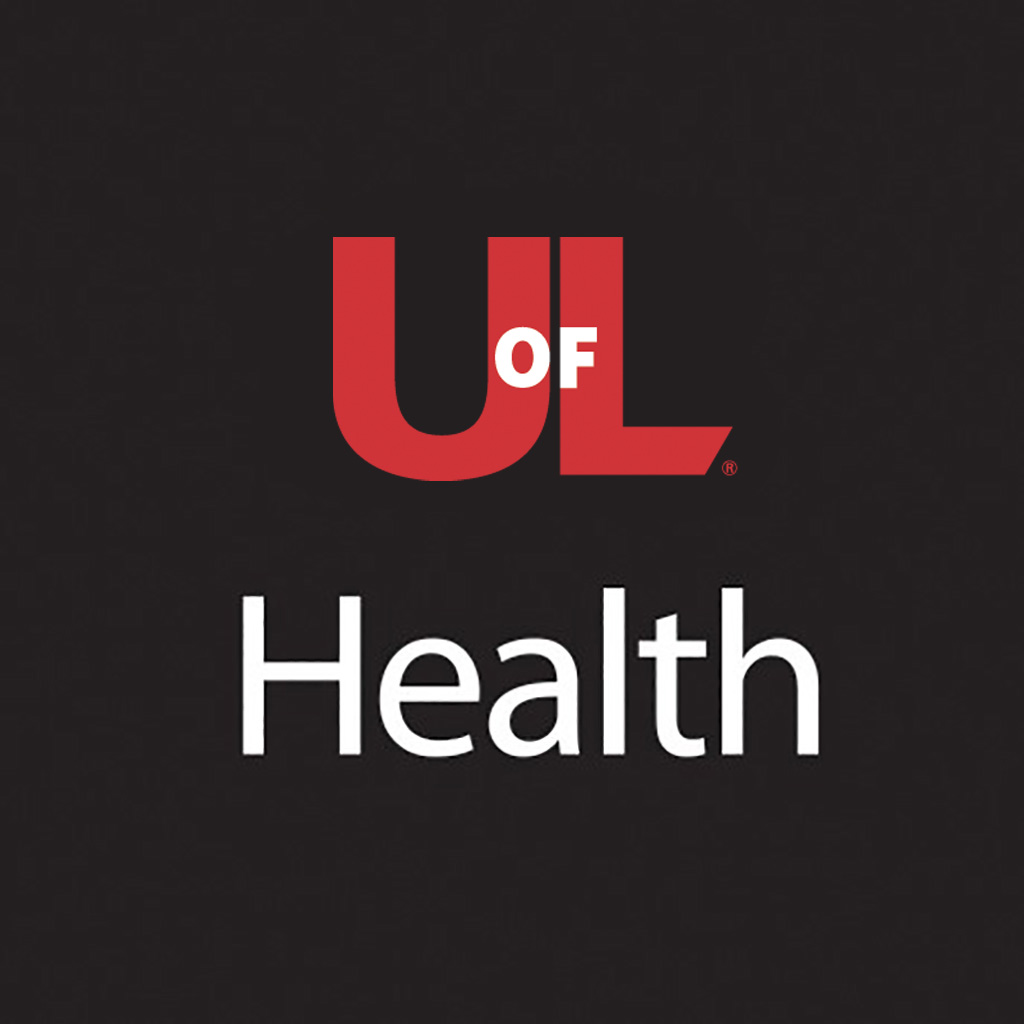
LOUISVILLE, Ky. – At the UofL Health – Trager Transplant Center, patients receiving an organ transplant and patients donating organs work with a multidisciplinary team. This team includes surgeons, anesthesiologists, nurses, infectious disease specialists, researchers, rehabilitation consultants, dieticians, psychiatrists, pharmacists, financial coordinators and social workers.
Social work is a particularly important component of the transplant service line. Social workers at the Trager Transplant Center perform assessments pre- and post-transplant to evaluate the well-being of organ donors and recipients. If any concerns are found in the assessment, the social workers report them to the rest of the multidisciplinary team so the team can address any challenges the patients are facing before they undergo the transplant process.
“As social workers, regardless of the population we work with, it’s always advocating what’s best for patients,” Dana Pelkey, LCSW, transplant social worker, said. “Sometimes it’s a heavy role we play. If we don’t think a transplant is in their best interest because of lack of financial support, we have to be honest with the patient to solve the problem before the transplant.”
If needed, the social workers connect patients to financial resources, housing and government resources, such as food stamps. The social workers help the patients develop advanced directives and help facilitate having difficult conversations with their loved ones, while making sure the patients have someone who can help care for them after the transplant. They also provide emotional support to the patients and their families and connect them with support groups, including a transplant support group and a caregiver support group that the Trager Transplant Center hosts.
“We encourage transplant patients and their caregivers to attend the groups so they can learn from people who have been in their shoes and see and hear what their experience has been like,” Pelkey said. “I feel that even in just about an hour I can tell the difference it’s making in people. Even if they can’t get a certain problem resolved, they are building a trusting support system.”
The social workers also guide the patients after the transplant process through various life scenarios and check in with their caregivers, so the patients can achieve their goals, such as returning to work, participating in family events and travel. The social workers assess if donors and recipients can afford their medications and help them apply for financial assistance that can go toward travel expenses to return to follow-up appointments at the Trager Transplant Center. The social workers can also provide letters for patients and their caregivers if the patients are not medically ready to return to work, help with transportation resources and connect to mental health resources if needed.
“It’s a lifestyle change when someone has a transplant, so we work with the multidisciplinary team to educate transplant candidates that they may need to make changes to their diet, drink more water, get frequent lab tests and change medication post transplant,” Pelkey said. “It’s a lot for the transplant patients. We also really rely heavily on their supports to help them navigate all this, because it takes a whole village to help these transplant patients.
With University of Kentucky having the only other transplant hospital in Kentucky, UofL Health attracts a large population of organ donors and transplant patients.
“We can make a huge impact on people through transplanting by maintaining or improving their quality of life,” Pelkey said. “Living donors and transplant candidates can come from anywhere in the country.”
UofL Health – Trager Transplant Center is nationally recognized for performing Kentucky’s first adult heart, pancreas, heart-lung and liver transplant. Our transplant team was also responsible for the first minimally invasive kidney donation in Kentucky. Today we continue to be a robust program and pride ourselves on providing individualized patient-centered care.
View all of our transplant locations. To learn more about becoming a living donor, call 502-587-4358 and select option 5.









